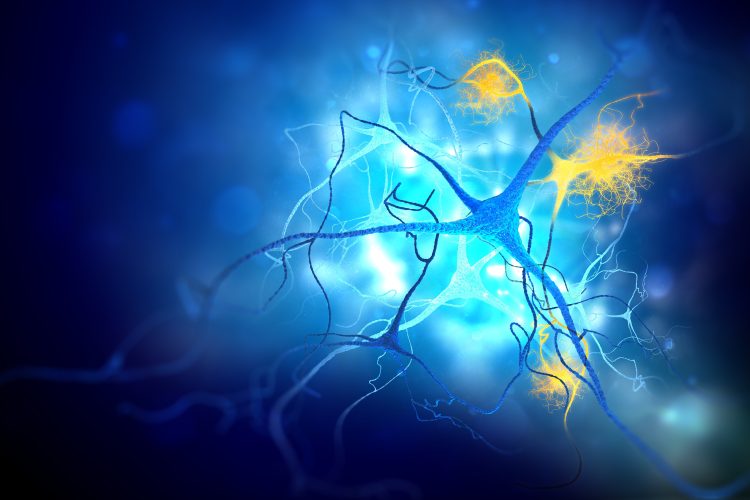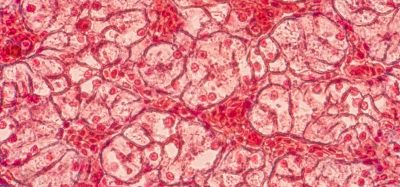New toxic component in the evolution of Alzheimer’s disease
Posted: 21 October 2024 | Drug Target Review | No comments yet
UBneuro scientists discovered that reducing RTP801 expression prevented cognitive deficits and inflammation.


A molecular mechanism that influences RNA processing and alters the process of protein synthesis in the brains of Alzheimer’s disease (AD) patients has been discovered by a research team at the Institute of Neurosciences of the University of Barcelona (UBneuro). Their findings, gained from using animal models and post-mortem samples from patients, will aid the design of future therapies for neurological disorders.
Newly discovered role of the RTP801 protein
Alzheimer’s disease is characterised by the accumulation of β-amyloid plaques outside neurons and hyper-phosphorylated tau protein inside neurons. These change brain function and cause cell death.
In the new study, the team discovered a previously unknown role for the RTP801 protein, a stress response factor that is abundant in patients with neurodegenerative diseases like AD. They found evidence that RTP801 can change the molecular mechanisms that support neuronal survival by affecting the translation of RNA into proteins.
Cristina Malagelada, professor at the UB’s Faculty of Medicine and Health Sciences and member of the Centre for Biomedical Research Network on Neurodegenerative Diseases (CIBERNED), led the study. She commented: “On a mechanistic level, we observed that reducing RTP801 expression prevented cognitive deficits and inflammation, especially by mitigating the activation of the hippocampal inflammasome, ie the machinery that processes cytokines in inflammatory responses and drives gliosis (reactivation and proliferation of glial cells).”
RTP801 interferes with tRNA-LC
The RTP801 factor negatively regulates the activity of the tRNA ligase complex (tRNA-LC), which is essential for processing RNA molecules. In the context of AD, increased levels of RTP801 can inhibit tRNA-LC and cause issues with RNA splicing and subsequent production of relevant proteins, such as brain-derived neurotrophic factor (BDNF), exacerbating cognitive problems in a mouse model of AD.
Genís Campoy-Campos, the study’s first author and member of the CIBERNED, explained: “In this study, we have found that high levels of RTP801 interfere with the tRNA ligase complex, which is responsible for RNA processing, specifically in the process of ligation of its exons, once the introns have been cleaved. This process takes place both in the messenger RNA — which contains the information to build the protein — and in the transfer RNAs, which carry the amino acids to translate it.”
She added: “Interestingly, this interaction between RTP801 and the tRNA ligase complex also affects the RNA binding of a transcription factor called XBP1s. This factor helps cells cope with stress in the endoplasmic reticulum — an organ formed by a set of cisternae and membranous cavities in the cell cytoplasm — and promotes the expression of BDNF, a neurotrophin crucial for synaptic transmission, memory and neuronal survival.”
Altered RNA processing is highly damaging to neurons, adding a new toxic component to the evolution of AD. Currently, the team is working on RTP801 inhibitors to preserve the activity of the tRNA ligase complex.
This study was published in Nucleic Acids Research.
Related topics
Drug Discovery, Neurons, RNAs
Related conditions
Alzheimer's disease (AD)








